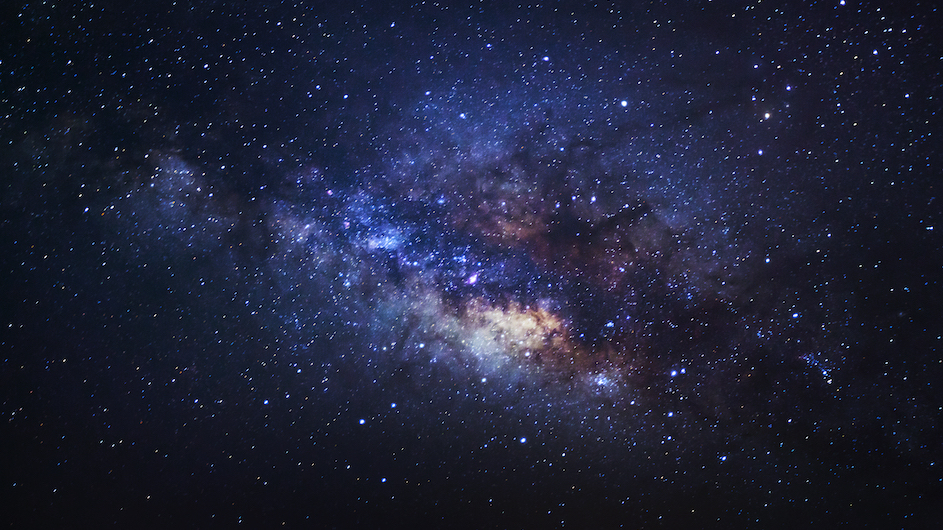UFOs Emerge, Again | Columbia News

Unidentified flying objects, or UFOs, seem to obey the same kind of cycle as 17-year cicadas: All is quiet and buried for a long while and then there’s a buzzing swarm of the things getting airtime on TV, social media, and even in the United States Senate.
The current surge of interest is likely to peak with an upcoming Pentagon report that presumably contains yet more of the same kind of hard-to-interpret cockpit videos and pilot testimonies about unknown aerial phenomena that have already been gathered over the years. We’ll see a variety of “expert witnesses” and opinion-givers explain how impossible these phenomena are, leading to the inevitable proposition by some that these sightings are not of this world, that the aliens are here, zipping around Earth’s skies, yet always just beyond easy identification.
For the vast majority of scientists, especially astronomers and astrobiologists who are actually engaged in the systematic quest to find life elsewhere in the cosmos, none of this is particularly interesting. If it weren’t for a century or more of science fiction stories and movies predisposing us to the notion of alien visitations, all of these unexplained phenomena would be seen as strange effects in the optics of moving, tracking cameras, Earth’s atmosphere, and human visual responses and psychology. No one would be calling an astrobiologist to ask whether there are aliens in our skies.
In fact, perhaps the most damning evidence that UFOs are not alien technology is that their qualities—such as their extraordinary apparent velocities and movements—would disobey all known laws of physics and aeronautics. In science that’s a leap of ridiculous proportions. Time and time again we’ve found that each new layer in our understanding of nature is broadly compatible with the previous layer, just more complete and more accurate.
We might fantasize that a cosmic species would have new tricks that we’re ignorant of, but that’s a little different than succumbing to the tales of magic and superstition that have trailed us for thousands upon thousands of years. The universe might have fundamental shortcuts that smart enough minds can unlock, but there’s no evidence that it really does.
But there could still be something useful in all the energy being spent agonizing over UFOs. Our exploration of nature, here on Earth and out in the universe, is not always easily controlled or easily replicated. The cosmos is full of phenomena that appear and disappear sporadically, or that have been witnessed only once during human scientific scrutiny, becoming uneasy prototypes—from exploding stars to comets.
Incorporating this kind of uncontrolled, unanticipated data into our models of reality is highly challenging. In that sense UFOs are ripe for being exploited as a testbed of techniques that could gather data without the complication of human observers at arbitrary times and places. Global sensing from satellites or aerial monitors, together with the sleepless talents of machine learning, could tell us not only about UFOs but many other aspects of the world that are otherwise hard to keep tabs on: from fleeting atmospheric glitches to geophysical events. Tackling this as a scientific puzzle and ignoring the noise of talking heads and conspiracy theorists could be both interesting and useful.


